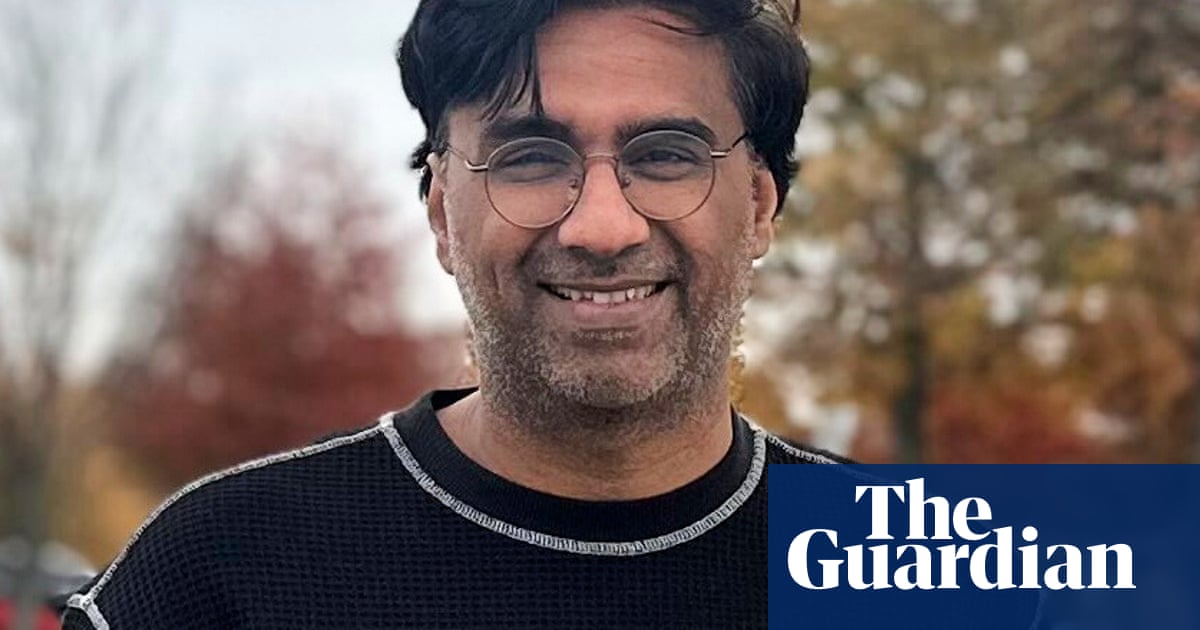The news article highlights the recent court ruling that ordered the release of Badar Khan Suri, an Indian academic detained by ICE due to his pro-Palestinian activism. The situation raises significant questions about the intersection of immigration law, freedom of speech, and political activism in the United States, particularly under the previous administration.
Implications of the Ruling
The ruling by U.S. District Judge Patricia Giles emphasizes the protection of free speech and the potential chilling effect that such detentions may have on academic discourse. By stating that the release is in the public interest, the judge highlights a commitment to safeguarding academic freedom. The cheering crowd outside the courthouse indicates strong public support for Khan Suri and suggests a broader community resonance with issues of civil liberties and activism.
Political Context
Khan Suri's detention under the Trump administration reflects a broader trend of targeting individuals based on their political views, particularly regarding the Israeli-Palestinian conflict. The claims against him, particularly those related to his father-in-law's past associations, raise concerns about guilt by association and the use of immigration controls to silence dissent. This situation points towards a politically charged environment where academic voices can be silenced under the guise of national security.
Public Perception and Media Influence
The article aims to foster a perception of unjust treatment towards academics and activists, potentially rallying public support for broader political movements. By framing the story around freedom of speech and the potential for government overreach, it aligns with narratives common in progressive and civil rights circles. The reactions from students and alumni also serve to amplify this message, creating a community of support around Khan Suri.
Connection to Broader Issues
This news story connects to larger conversations about immigration policy, civil rights, and academic freedom in the U.S. It may resonate particularly with communities advocating for Palestinian rights, as well as those concerned about the implications of government surveillance and control over dissenting voices. Given the current global climate surrounding issues of free speech, this case could be seen as emblematic of a struggle that transcends national boundaries.
Potential Economic and Political Impact
While the direct economic implications of this news may be limited, it could influence public opinion and political discourse, particularly leading up to elections. Issues of immigration and civil rights tend to mobilize voters and can affect campaign strategies. The story may also reverberate in academic and non-profit sectors, potentially affecting funding and partnerships for institutions involved in similar advocacy.
Target Audience
The article is likely to attract support from progressive, academic, and activist communities. It appeals to those who prioritize civil liberties and are concerned about governmental overreach in matters of personal and political expression. The framing of the story aligns with the interests of individuals and groups advocating for social justice and human rights.
Global Power Dynamics
In terms of global power dynamics, this case may not appear immediately significant, but it reflects broader tensions regarding freedom of speech and state control in democratic societies. The ongoing issues surrounding Palestine and Israel remain highly relevant to international relations, and cases like Khan Suri's may influence perceptions of U.S. policies abroad.
Use of AI in Reporting
There is a possibility that AI tools were employed in the writing or editing process of this article, particularly in how it presents data or structures the narrative. However, the emotional resonance and human elements suggest a strong editorial hand. If AI was involved, it may have been utilized to ensure clarity and engagement, particularly in framing the issues at stake.
Manipulative Elements
The article does include elements that may be perceived as manipulative, particularly in how it highlights the emotional responses of supporters and frames the government's actions as politically motivated. This selective presentation can shape public sentiment and bolster support for Khan Suri while casting the administration in a negative light.
In conclusion, the article is grounded in factual reporting but is undoubtedly shaped by the broader political and social implications of the case. It aims to raise awareness and foster support for issues of free speech and civil rights, particularly in the context of academic freedom.
